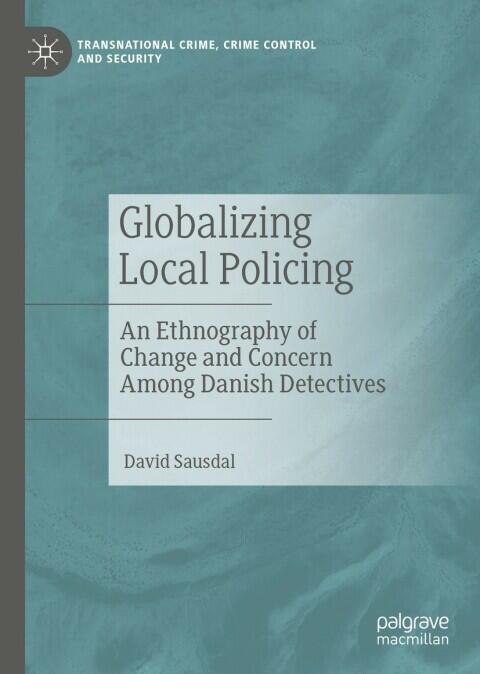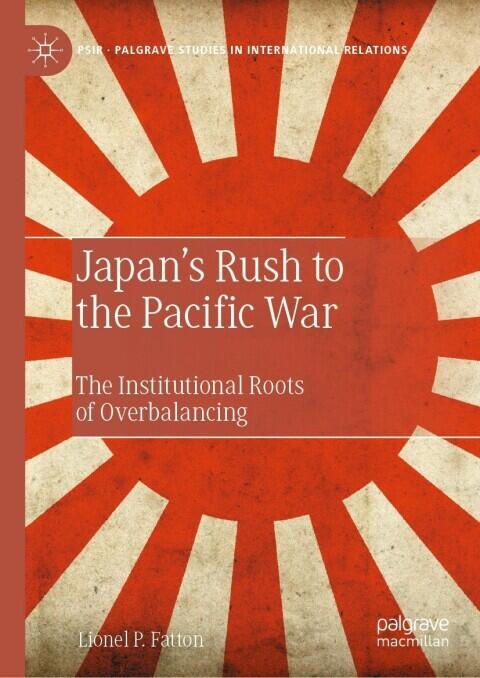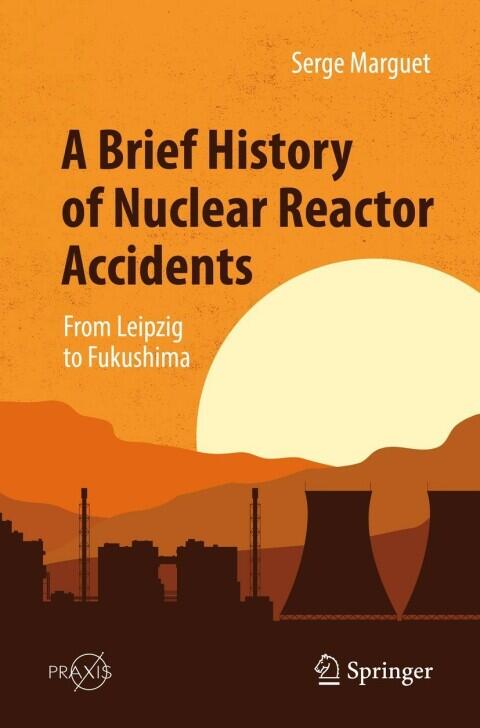
Human Subjects Research after the Holocaust
아직 평점이 없습니다
Science & Technology
History
Philosophy
+1
more
형식
킨들
페이지
325
언어
독일어
출판됨
Jan 1, 2014
출판사
Springer
판
2014
ISBN-10
3319057022
ISBN-13
9783319057026
설명
This work delves into the complex and often unsettling legacy of human subjects research that emerged in the wake of the Holocaust. Through a critical examination of historical injustices and ethical ramifications, Sheldon Rubenfeld presents a narrative that challenges readers to confront the darkest aspects of human experimentation. The book serves as a poignant reminder of the moral responsibilities that accompany scientific progress and the importance of safeguarding human dignity in research.
As Rubenfeld unfolds his analysis, he captures the emotional weight of the subject, urging reflection on the implications of past abuses. The exploration not only highlights the need for strict ethical standards in research but also calls for a deeper understanding of history to prevent the repetition of such atrocities. This thought-provoking work aims to transform how individuals perceive and engage with the complexities of medical ethics, making it a significant contribution to the discourse surrounding human rights and scientific accountability.
As Rubenfeld unfolds his analysis, he captures the emotional weight of the subject, urging reflection on the implications of past abuses. The exploration not only highlights the need for strict ethical standards in research but also calls for a deeper understanding of history to prevent the repetition of such atrocities. This thought-provoking work aims to transform how individuals perceive and engage with the complexities of medical ethics, making it a significant contribution to the discourse surrounding human rights and scientific accountability.



















